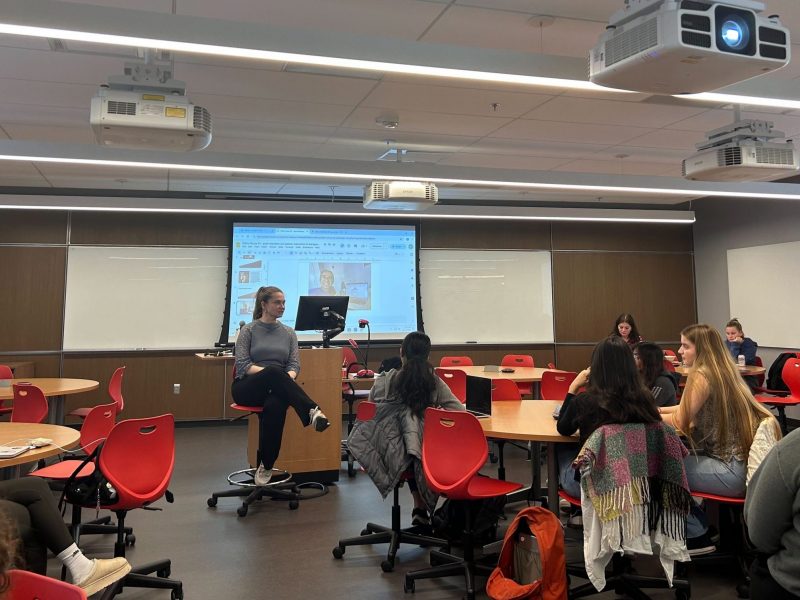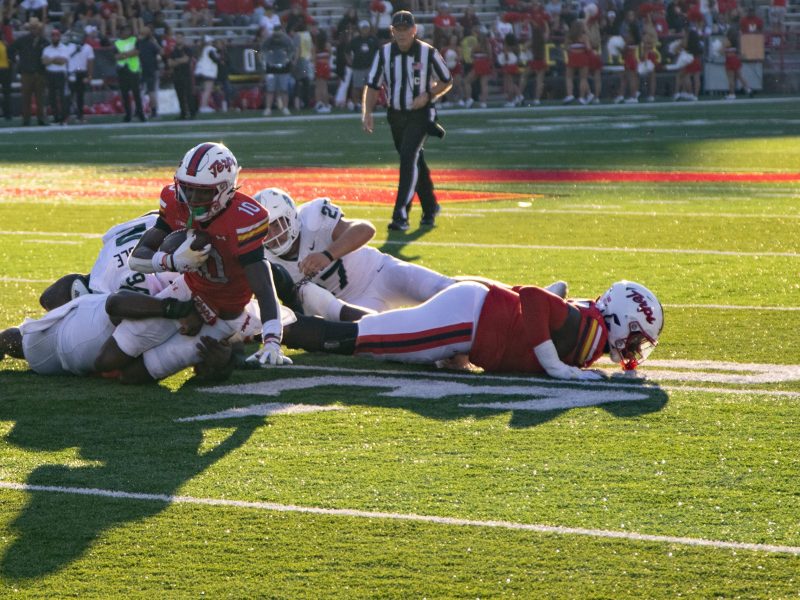Although the state’s attorney general has given this university the green light to extend the Good Samaritan alcohol policy to include drug use, officials have warned student activists that the extension process could take several months.
Students have been pushing for an all-inclusive Good Samaritan policy since November, when undergraduate student senator Brandon Levey first submitted an extension proposal to the University Senate. However, the process has been largely stalled while the university’s Legal Aid Office waited for approval from Attorney General Doug Gansler’s office that such a policy would not violate state law. Now that Gansler has given the OK, the Senate Executive Committee OK, the Senate Executive Committee has formally charged the Student Conduct Committee with reviewing the proposal before it can be sent to the full body for a vote.
The current Good Samaritan Policy, which passed the University Senate last spring after four years of review, protects dangerously drunk students from university sanction if they call 911 for themselves or a friend. The proposed drug amnesty policy would only protect students from disciplinary action from the university, not criminal charges. Because seeking emergency care for someone who has overdosed on drugs can be used as a mitigating factor in criminal prosecution, the policy would not be illegal, according to Gansler’s recommendation.
University Senate Chair Eric Kasischke said even though the senate has passed a significant hurdle in getting a positive opinion from the attorney general’s office, it is likely to take time for the committee to fully consider the proposal.
“I still think there’s going to be a number of issues they’re going to have to look at, like what are the policies at other universities and what the specific policy will be,” he said.
Student Conduct Committee Chair Nan Ratner declined to comment until members discuss the issue at their next meeting. However, Levey said a majority of the Student Conduct Committee supports the policy, adding he is hopeful the senate will move forward quickly to adopt it.
“We really hope it can be somewhat expedited through the committee because students’ lives are at risk until we pass the policy,” he said.
Levey added that because the basis of the proposal is to protect students, and because similar policies have been enacted at other universities, including the University of Georgia, University of Iowa, Washington College in Maryland, William and Mary and Tulane, he believes it will pass.
“There’s really no reason why people would be opposed to it,” he said. “It’s not at all condoning drug use; it’s just saving students lives. … I don’t see a reason why it won’t easily pass through the senate.”
And though the proposal is still in the early stages, Kasischke said he supports it and hopes the senate will come to the same conclusion.
“I think it’s way too early to try to predict things,” he said. “I expect to have a thorough discussion of this on the senate floor. I am hopeful, you could say, that this could go through.”
kirkwood@umdbk.com


